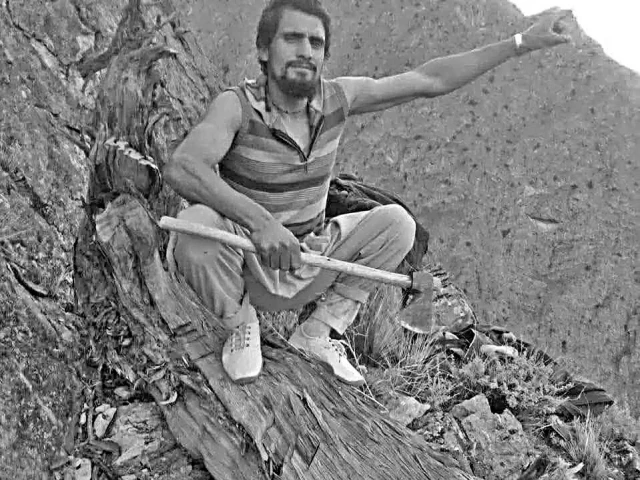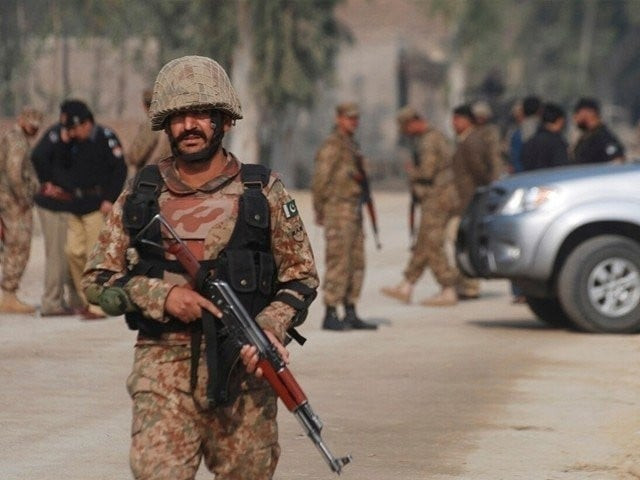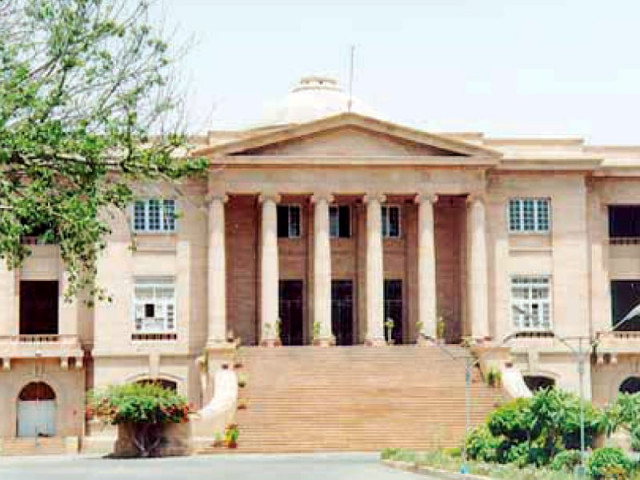The Unsung Heroes: How Local Knowledge Can Save Lives in Gilgit-Baltistan
In the rugged landscapes of Gilgit-Baltistan, nature can turn fierce in an instant. A recent incident in Roshan village has shed light on the vital role that local knowledge plays in survival during natural disasters. Early Friday morning, a flash flood threatened the village, but thanks to the quick thinking of a local shepherd, the entire population was spared from disaster.
While government flood alerts failed to provide timely warnings, this shepherd observed the signs of an incoming flood while tending to his cattle. With a mobile phone in hand—and a crucial working SIM card—he quickly notified the villagers. His alert led to a swift evacuation just moments before the floodwaters surged, leaving the village submerged but its residents safe.
Shakir Hussain, a resident of Roshan, expressed profound gratitude: "He is our savior. We would have faced a tragic fate without his warning." This incident isn’t just a story of one man saving lives; it’s a call to rethink the reliance on expensive modern technology over traditional wisdom that has been honed over centuries.
Current early warning systems in the region have faced criticism for their failures during previous disasters. In fact, the recent floods have highlighted the shortcomings of so-called state-of-the-art equipment that often falls short when communities need it most. In a similar vein, communities in Gojal have experienced near disasters only to escape thanks to local observational skills.
Government officials, including G-B spokesman Faizullah Faraq, have acknowledged the shepherd’s critical role in this situation. The conversation is shifting toward a community-based model for disaster management. One idea gaining traction is recruiting local individuals, like shepherds, as ‘community sentinels’ during the perilous summer months. By equipping them with communication tools and offering modest salaries, communities could not only save lives but also bolster local economies.
Such initiatives might represent minimal spending compared to the potential cost of lost lives and property in the face of climate change and increasing natural disasters. The hope is that communities like Roshan and Gojal can lead the way in adopting these preventive measures, turning local wisdom into a template for resilience.
As we reflect on these events, it’s clear that the best technology often lies in the awareness and resourcefulness of the people who know their land best. Those silent observers of nature might just be our most valuable resources.
Interested in supporting community-based initiatives in Gilgit-Baltistan? Consider following Pro21st for updates on vital grassroots projects and ways to get involved.
At Pro21st, we believe in sharing updates that matter.
Stay connected for more real conversations, fresh insights, and 21st-century perspectives.





